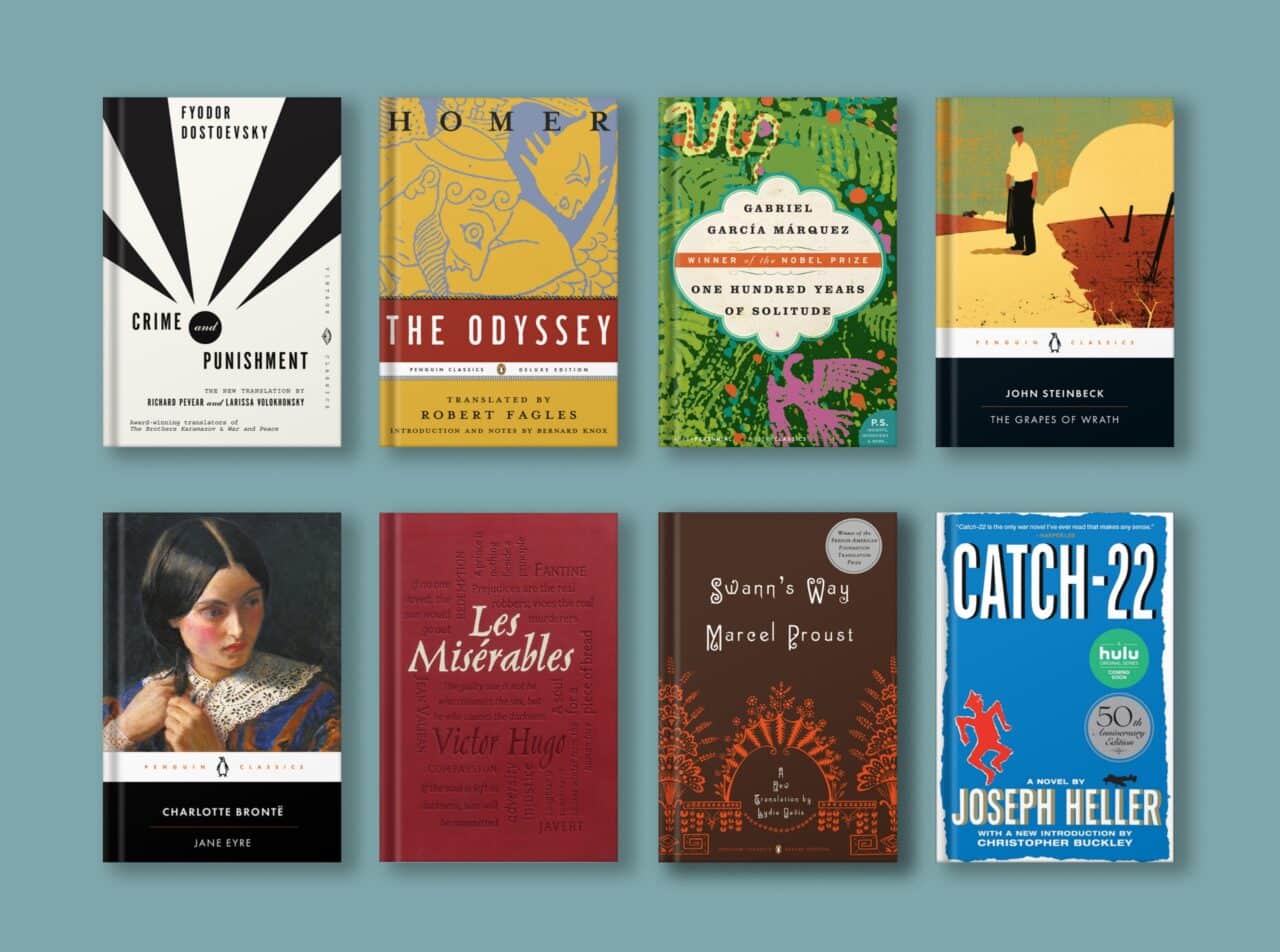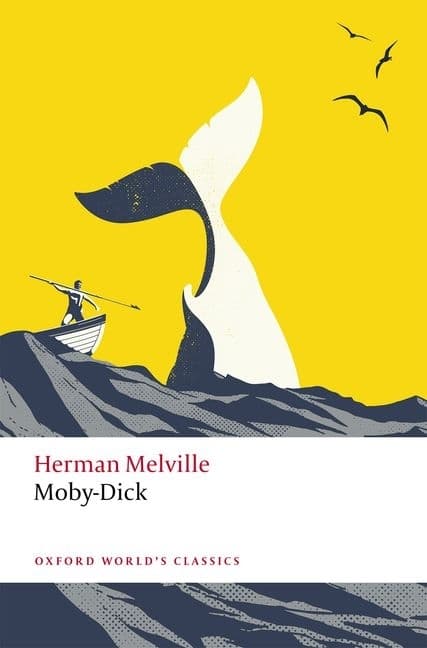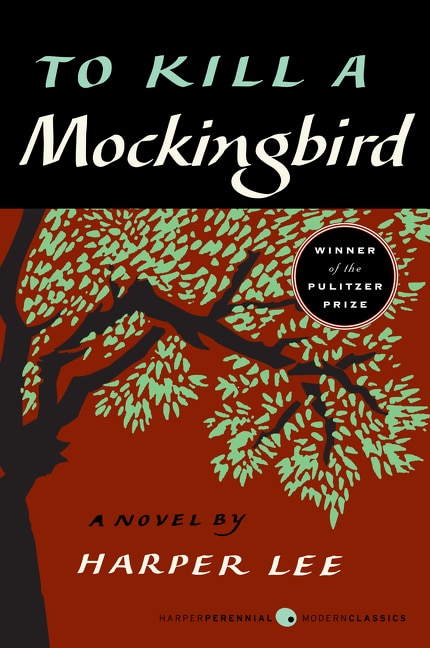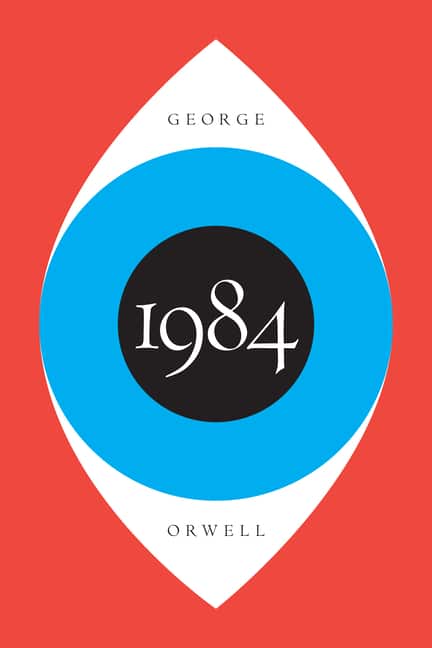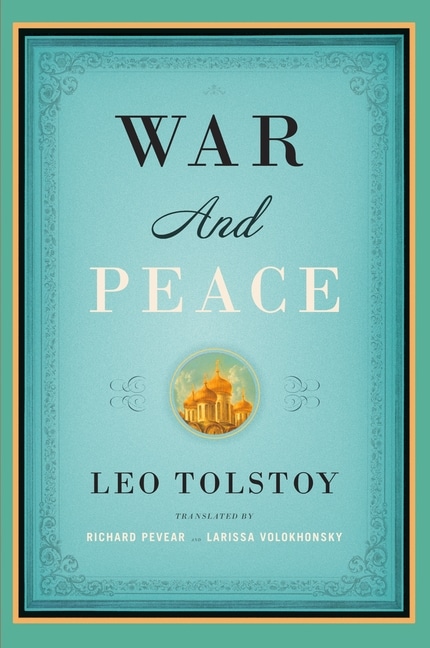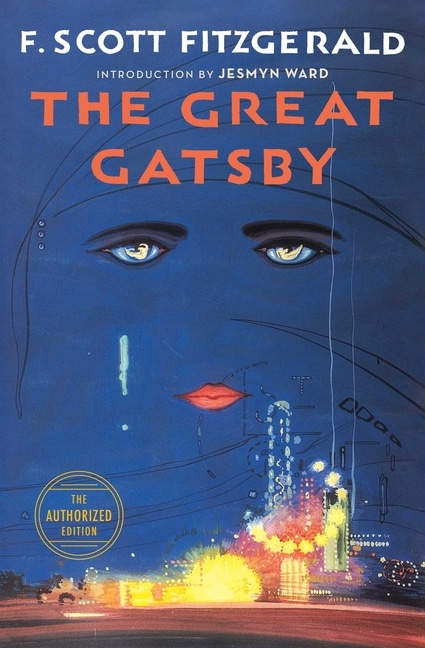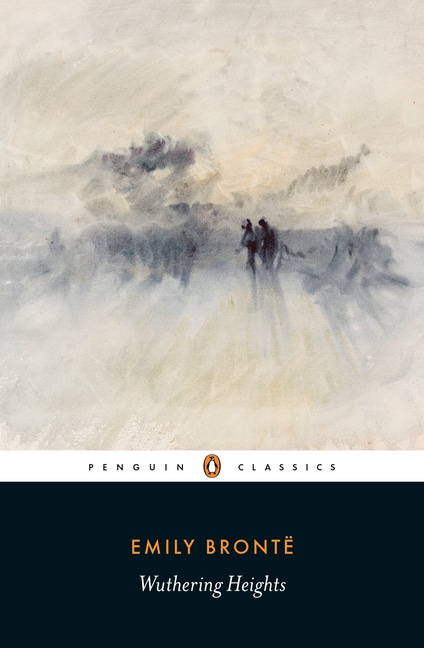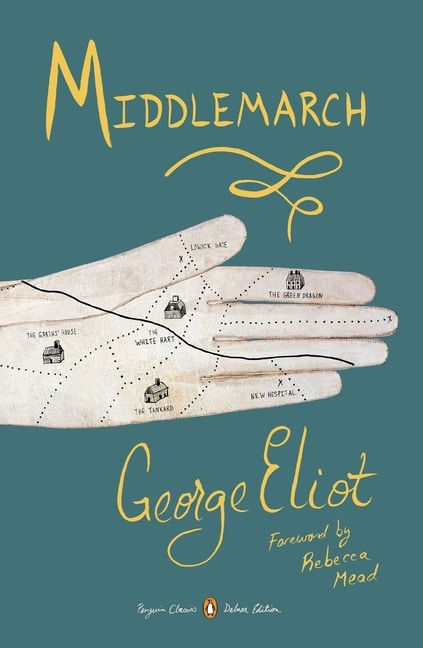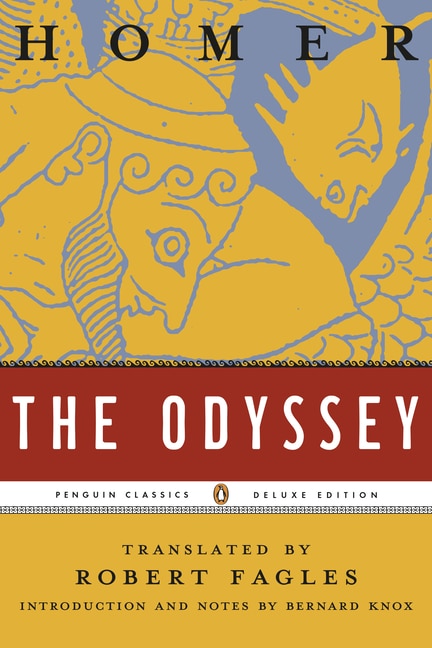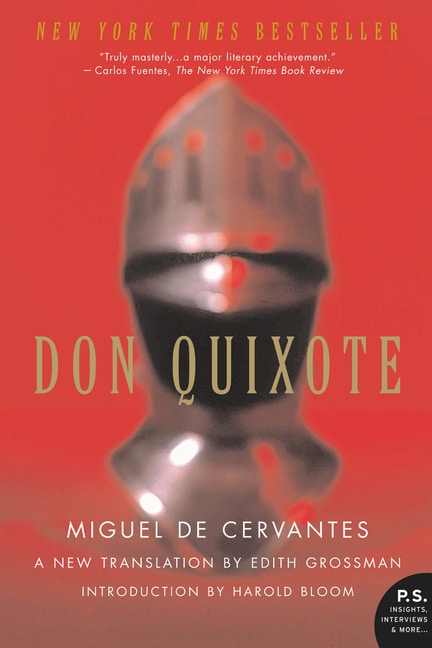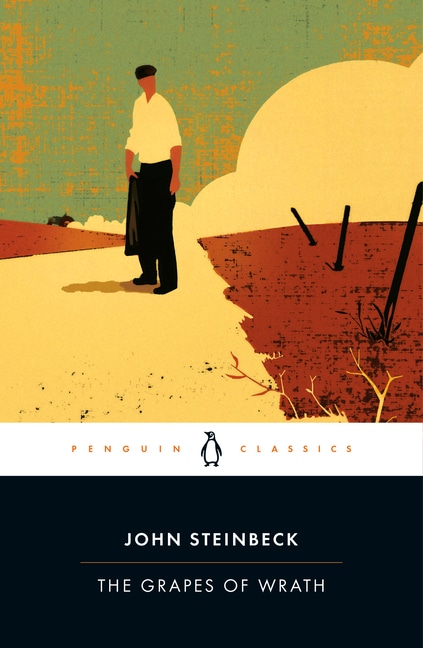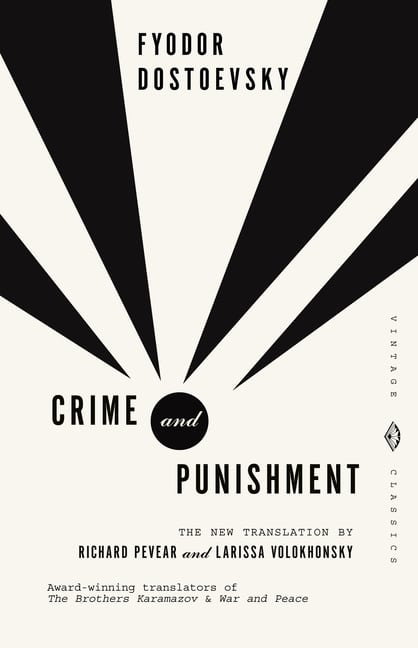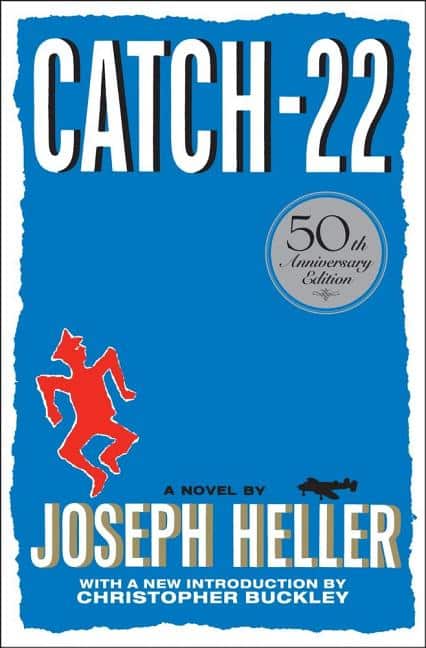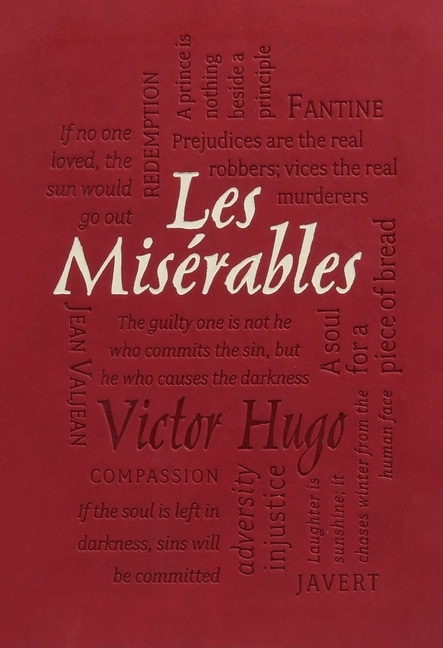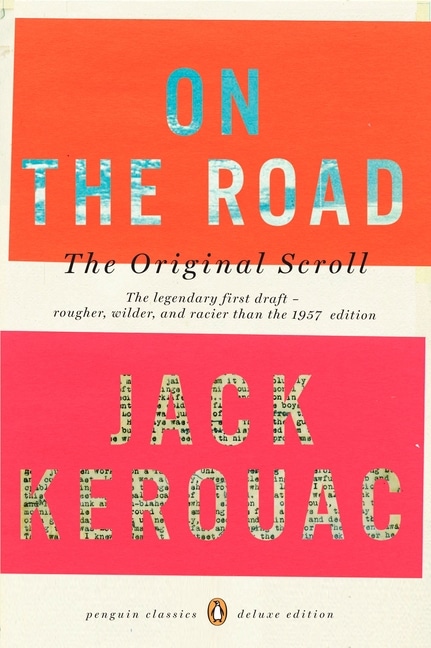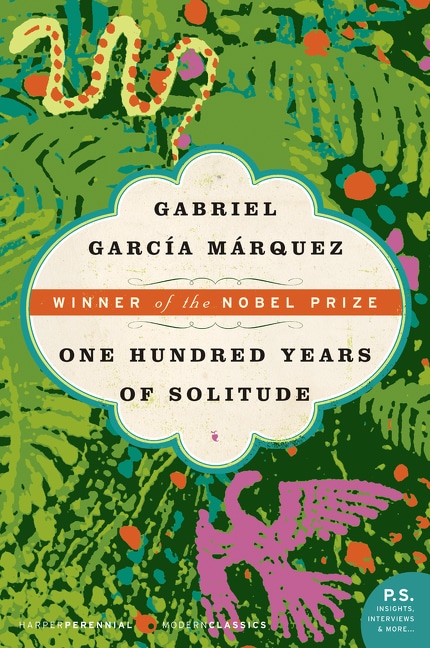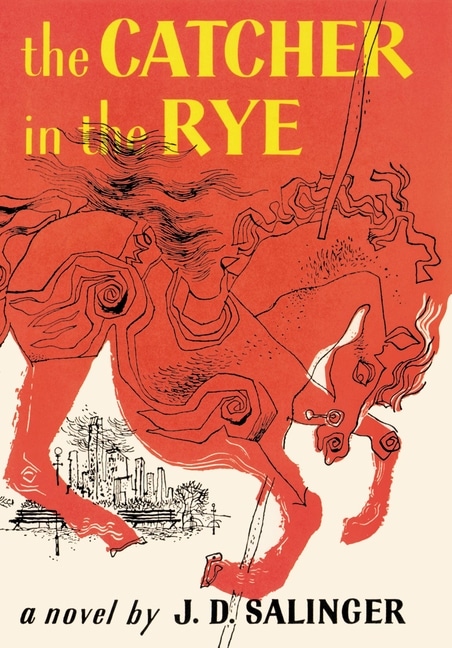20 Western Canon books that will get you stoked on classic fiction: Welcome to the realm of the extraordinary, the timeless, and the profound! Tales that have stood the test of time, narratives that have seeped into the contours of our civilization, and characters that have become metaphors in our daily lives – welcome to the world of the Western Canon and classic fiction.
Go beyond merely recognizing the names of Jane Austen, Charles Dickens, or F. Scott Fitzgerald, and take a journey into the minds of these brilliant creators and the universally loved visions they penned. In this blog post, we will navigate through the engaging depths of 20 of the most iconic works of the Western Canon.
Why, you may ask, should you embark on this exploration? That is a fair question. Classic fiction tells a tale and paints a picture of the time, society, and values when it was written. It holds a mirror to humanity, reflecting our strengths, flaws, triumphs, and failures. By reading and understanding these beloved works, we gain a richer perspective of our shared past and perhaps even glean insights into our present and future.
So, if you’re ready to experience a literary journey unlike any other, delve into the next sections, where we’ll explore 20 exceptional Western Canon books that will get you stoked on classic fiction!
What is Classic Fiction
Classic fiction, as the name implies, typically refers to works of literature that have withstood the test of time and have been acknowledged for their enduring artistic merit. These texts, often penned by some of the most gifted authors in history, transcend the era they were written in, providing insights that remain relevant to readers across generations and geographies.
Classic literature encapsulates various genres—legendary epics, introspective novels, dramatic tragedies, and social commentaries. Each work, however, shares a common characteristic: they all offer valuable insights into the human condition, exploring themes such as love, loss, power, identity, morality, and the complexity of life.
The history and evolution of classic fiction is as fascinating as the stories themselves. The canon began taking shape with ancient epic poems like Homer’s The Iliad and The Odyssey. It evolved through the Middle Ages, grew dramatically during the Renaissance, and branched into various literary movements such as realism, romanticism, and modernism during the 18th, 19th, and 20th centuries.
These classic works have not only entertained readers but have also had a profound and pervasive influence on culture and society. They have shaped languages, driven social and political movements, inspired other art forms, and provided intellectual frameworks for understanding our world. In essence, classic fiction is indispensable: it mirrors the past, reflects the present, and shapes the future.
Importance and Benefits of Reading Classic Fiction
Reading classic fiction is more than a nod to the discerning reader’s intellectual curiosity. It is a journey through time and place, allowing us insight into the cultures, norms, and socio-political landscapes that have shaped our world.
Enhances Critical Thinking
Classic literature often presents intricate plots, complex characters, and profound themes. Interpreting these elements requires thought and deliberation, which helps develop critical thinking skills. When you grapple with moral dilemmas in To Kill a Mockingbird or analyze the dystopian society in 1984, you’re honing your capacity to think deeply and objectively.
Enriches Vocabulary
Classic fiction is a treasure chest of rich and diverse language. The words and phrases used, the metaphors created, and the sentence structures encountered can also greatly expand your command of the language and aid in communication skills.
Provides Cultural and Historical Insights
Classic literature offers a window into different eras and places. Reading Pride and Prejudice gives you insight into English society during the early 19th century, and The Great Gatsby portrays the American Dream’s nuances during the Jazz Age.
Enhances Empathy
Classic literature’s myriad characters and plotlines help us experience life from diverse perspectives. Understanding a character’s motives and feelings cultivates an ability to empathize with individuals whose experiences differ significantly from ours.
Provides Enduring Life Lessons
Classic fiction, though set in different eras, still resonates with modern readers because it explores universal themes and its portrayal of the human condition. Whether it’s the undeniable tragedy of unchecked ambition in Macbeth or the harmful effects of societal prejudice in To Kill a Mockingbird, the lessons learned from these texts remain perpetually relevant.
20 Western Canon Books That Will Get You Stoked on Classic Fiction
Pride and Prejudice
Moby-Dick (Oxford World’s Classics)
To Kill a Mockingbird
1984
Ulysses
War and Peace (Vintage Classics)
The Great Gatsby
Wuthering Heights
Middlemarch (Penguin Classics Deluxe Edition)
The Odyssey
Don Quixote
The Grapes of Wrath
Swann’s Way
Crime and Punishment
Catch-22
Jane Eyre (Penguin Classics)
Les Misérables (Word Cloud Classics)
On the Road: The Original Scroll (Penguin Classics Deluxe Edition)
One Hundred Years of Solitude (Modern Classics)
The Catcher in the Rye
Exploring Different Themes in Classic Fiction
Classic fiction, in its depth and diversity, often delves into many themes, some of which have been a constant part of human society and the individual psyche through the ages. Let’s discuss some of the most frequently occurring and most prominent themes in classic literature:
Love and Relationships
Perhaps the most universally explored and timeless theme in literature, love and its numerous aspects find a place in almost every classic work. For instance, Pride and Prejudice by Jane Austen delves into love, marriage, and the importance of personal happiness.
Power and Ambition
Power, ambition, and associated consequences provide substantial material for many a classic. William Shakespeare’s Macbeth provides a deep dive into the dangerous paths that unchecked ambition can lead one down.
Social Class and Prejudice
Many classics explore society’s structure and the often imperfect and prejudiced systems it upholds. The Great Gatsby by F. Scott Fitzgerald, for example, examines wealth, social status, and the illusion of the American Dream.
War and Peace
The devastating impacts of war and the value of peace form an integral part of literature. A classic example would be All Quiet on the Western Front by Erich Maria Remarque, which shows the horrors of war from a soldier’s perspective.
Humankind and Nature
The relationship between humans and nature and the effects of human actions on the environment are other frequent elements. Moby Dick by Herman Melville deals with man’s incessant pursuit of power over nature.
Understanding these themes takes readers beyond just reading the story; it transports them into the crux of the human experience, illuminating many societal issues, personal feelings, and historical events. This exploration fosters a better understanding of ourselves, our society, and the world at large.
How to Approach Reading Classic Literature
Classic literature, while rewarding, can sometimes appear daunting due to its typical intricacy, archaic language, or sheer volume. But untangling these timeless texts can become an enriching and enjoyable process with the right approach. Here are some helpful tips:
Read with an Open Mind
Remember that classic literature often reflects the time it was written in. Maintain an open mind while reading and try to understand the narrative’s context and circumstances.
Use Guides and Summaries
Don’t hesitate to use companion guides or chapter summaries for challenging books. They can provide clarity, analysis, and historical context to enhance your understanding of the work.
Start with Adaptations
If you’re new to classic literature, consider watching a film or theatre adaptation of the book first. This can give you a general understanding of the story and characters, making the actual text easier to navigate.
Take your Time
Classics are not meant to be rushed through. Take your time and soak in the language, the character development, and the vivid imagery.
Reflect and Discuss
After finishing a book, take some time to reflect on what you read. If possible, discuss the book with others. This can provide new perspectives and enhance your understanding of the themes presented.
Create a Conducive Reading Environment
Ensure you have a quiet and comfortable place to read, free from distractions. A good reading environment can greatly enhance your reading experience.
Approaching classic literature needn’t be daunting or problematic; opening these time-honored texts should be seen as embarking on an adventure that traverses time periods, continents, cultures, ideas, and the boundless landscape of human emotion.
In Summary
Stepping into the world of classic fiction feels like opening a captivating anthology of humanity’s shared past, collective understanding, and expansive imaginations. The 20 distinguished works mentioned in this blog are the tip of the iceberg. The journey into classic literature is an endless exploration; every book brings a new perspective and an enriching experience.
The beauty of these texts lies in their fluidity and timelessness. They speak to readers across generations and geographies, transcending the boundaries of time and culture. The narratives they unfold, the characters they etch, and the thoughts they provoke enrich the intellect and deepen the understanding of the human condition.
So, as you turn the pages of ‘Moby Dick’ or traverse through the society of ‘Pride and Prejudice’, remember that you’re participating in a dialogue that extends through centuries, one that has engaged the minds, hearts, and spirits of countless readers before you.
Embrace this journey with an open mind and spirit. Find joy in the words of these eminent authors. Discover, connect, reflect, and, most importantly, enjoy the art of classic fiction.
